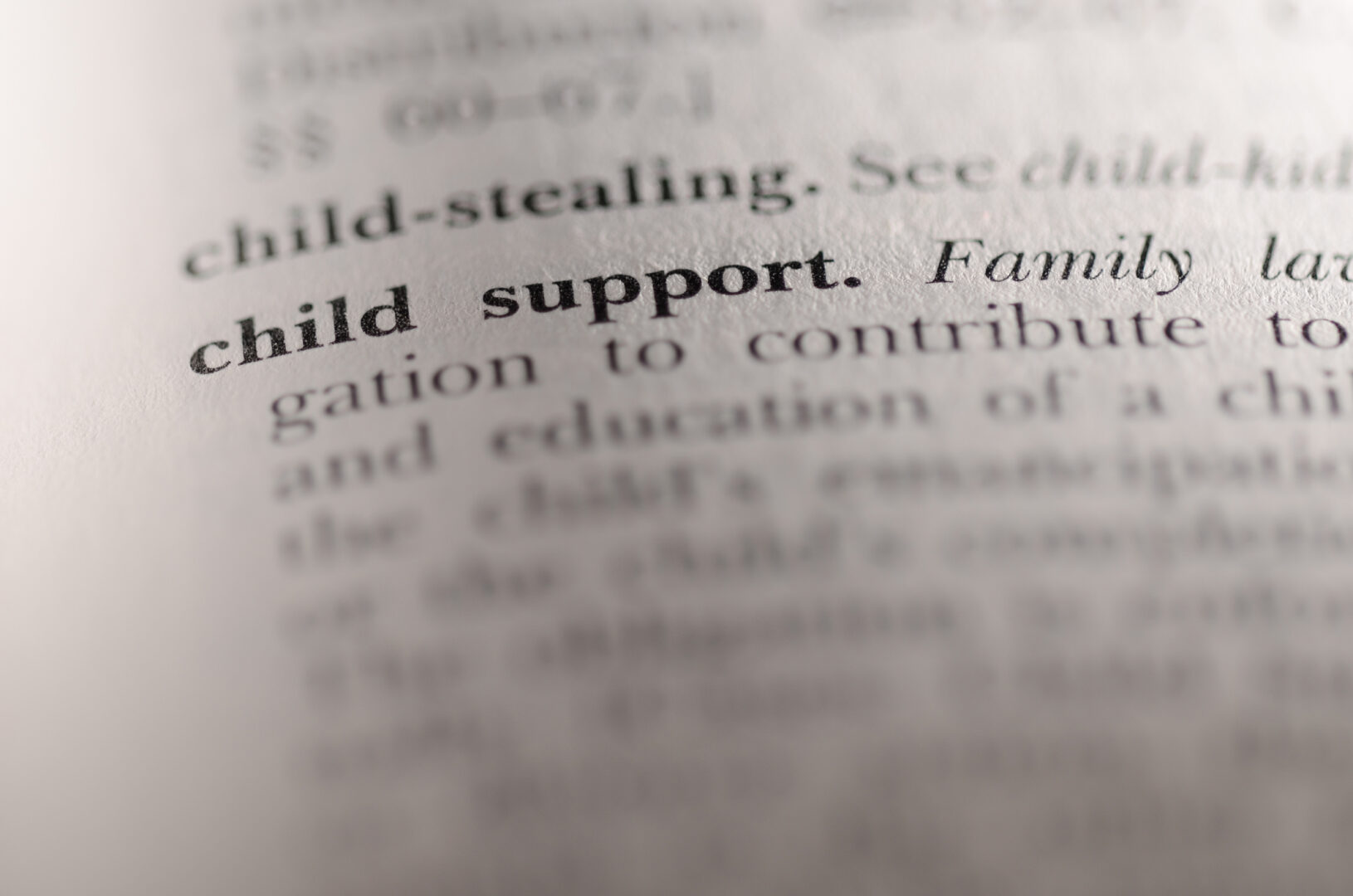
We’ve outlined some important questions about child support in Maryland to help you successfully navigate the system.
If you are going through a divorce and attempting to figure out child support payments, you must be well-informed so that your best interests and those of your children are protected. Determining how much child support you need, who will pay it, and when can be very overwhelming. We’ve outlined some important questions about child support in Maryland to help you successfully navigate the system. Keep reading to learn more.
How is Child Support Calculated in Maryland?
Maryland uses an “income shares” model to calculate child support. This model is based on the idea that a child should receive the same amount of parental income that they would have received before the divorce. Child support payments are based on the monthly gross income of each party. The guidelines consider both parents’ income, the number of minor children, health insurance costs, each parent’s schedule, child care costs, and other medical expenses.
How is Child Support Paid in Maryland?
Couples may decide ahead of time who will pay child support and the payment amounts as part of their divorce agreement. If they cannot come to an agreement, the judge presiding over the case may decide for them. Child support should be structured so that neither parent is given an unfair advantage.
How Long Does Child Support Last in Maryland?
Under Maryland law, child support is to be paid until the child reaches the age of 18. If the child turns 18 during their senior year of high school, child support must be paid until the child turns 18 or graduates, whichever comes first.
What Happens if My Ex Doesn’t Pay Child Support?
Your ex-partner could possibly be jailed for not paying child support. Judges have sentenced parents who have failed to make those mandated payments on time. If they are unable to pay the mandated child support payments for any reason, your ex must contact the court to inform them of their status. Unpaid child support could be reported to the three major credit reporting bureaus, negatively affecting their credit score.
Can Wages be Garnished?
Your local court may file a Wage Garnishment Order if necessary. This means payments will be taken from your regular paychecks, worker’s compensation, employment benefits, or other income sources. This may include lottery winnings, retirement accounts, and personal bank accounts. In addition to reporting missing payments to the credit reporting agencies, recreational and professional licensing centers may also receive that information. This may make renewing a passport more difficult and even result in a suspended driver’s license.
The Right Lawyer Can Make All the Difference
Hiring a lawyer should be the first thing you do when encountering any legal matter, not a last resort. Whether you’re thinking about a separation or divorce or have been charged with a crime, been injured in an accident, or your civil rights have been violated, you need to first know your rights. Contact Mike Mastracci today at 614 Edmondson Ave Catonsville, MD 21228 (with satellite offices in Ocean City, Snow Hill, and Salisbury, Maryland), 410-869-3400, and check us out on Facebook.
